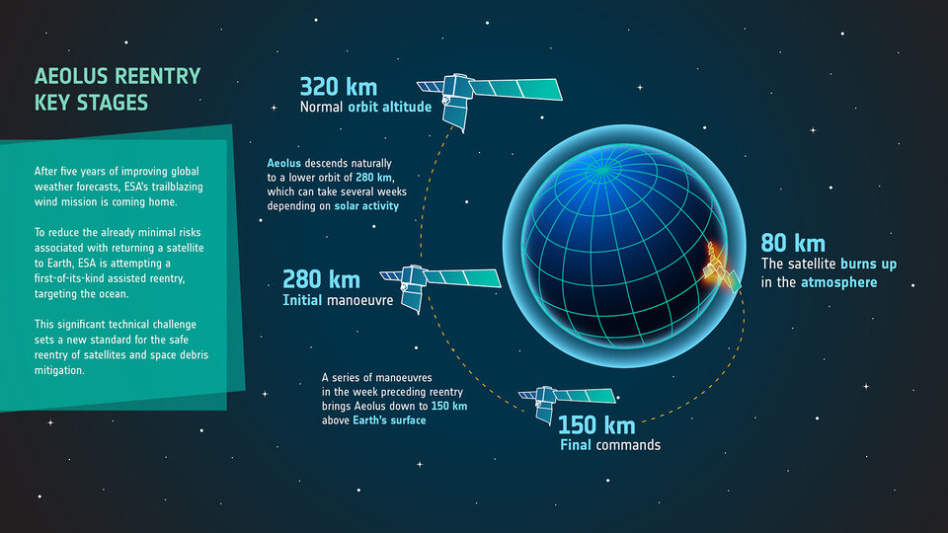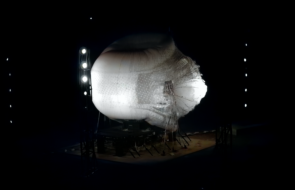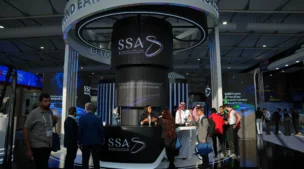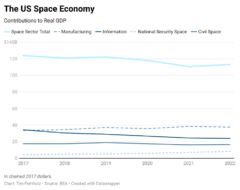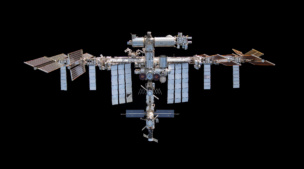ESA successfully tested a new tool to safely deorbit defunct satellites that were designed before the development of current guidelines on reducing debris.
On Friday, the agency performed an assisted reentry of its Aeolus wind-monitoring mission, which was not originally designed for a manual deorbit.
“These manoeuvres were complex, and Aeolus was not designed to perform them, and there was always a possibility that this first attempt at an assisted reentry might not work,” ESA’s Director of Operations, Rolf Densing, said in a release. “We have learned a great deal from this success and can potentially apply the same approach for some other satellites at the end of their lives, launched before the current disposal measures were in place.”
Adios, Aeolus
ESA’s Aeolus craft first entered the agency’s imagination ~25 years ago, long before there was a focus on debris-avoidance and deorbiting strategies to keep LEO clutter-free.
- For the last five years, Aeolus has been observing and measuring Earth’s wind patterns using an onboard wind lidar payload called Aladin.
- The EO satellite reached the natural end of its five-year mission, and would have made an uncontrolled reentry in the next few weeks had ESA not intervened.
- The agency took Aeolus’ downward spiral as an opportunity to test out a new, more targeted approach to deorbiting.
ESA with the assist
To bring Aeolus back down to Earth with a more predictable timeline and location, the satellite’s operations team conducted a few targeted maneuvers using the last bits of fuel. Aeolus naturally descended to a 280 km orbit, then the team brought it down manually, first to 150 km and then to 80km, where it burned up in the atmosphere.
